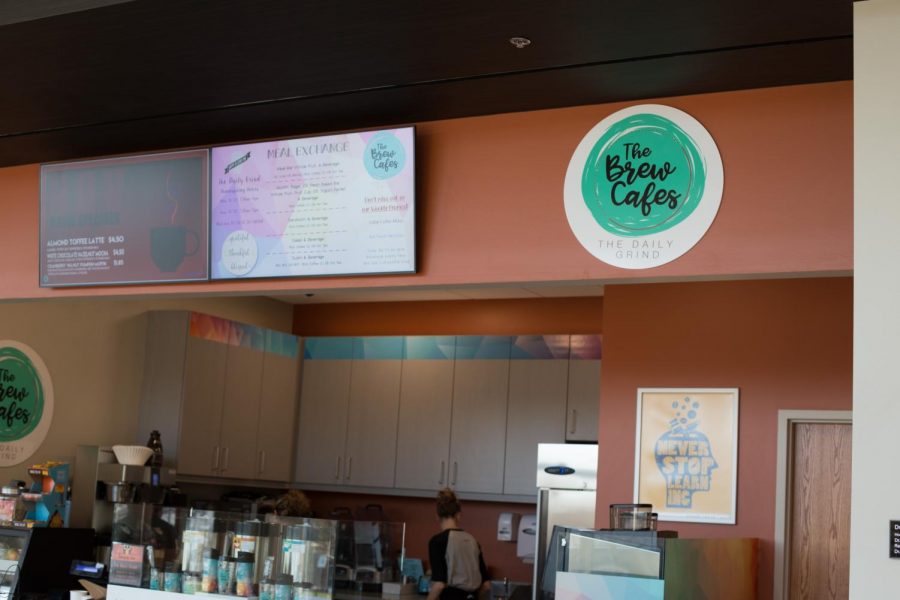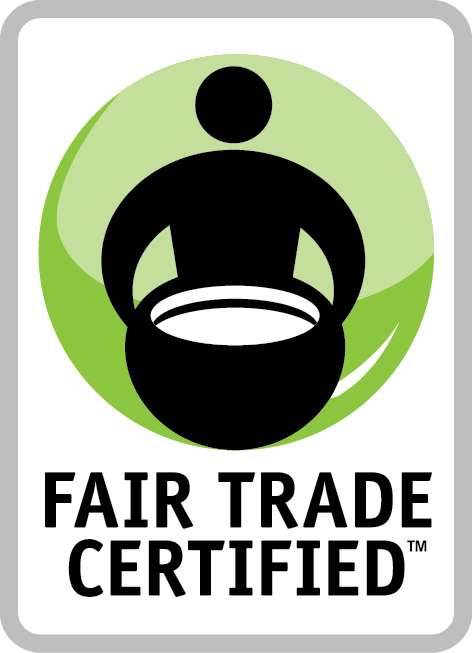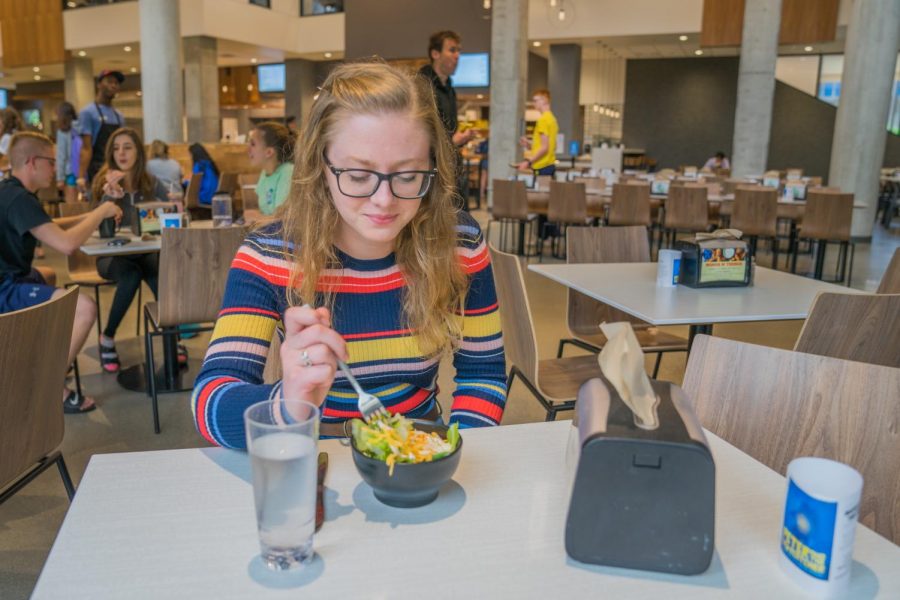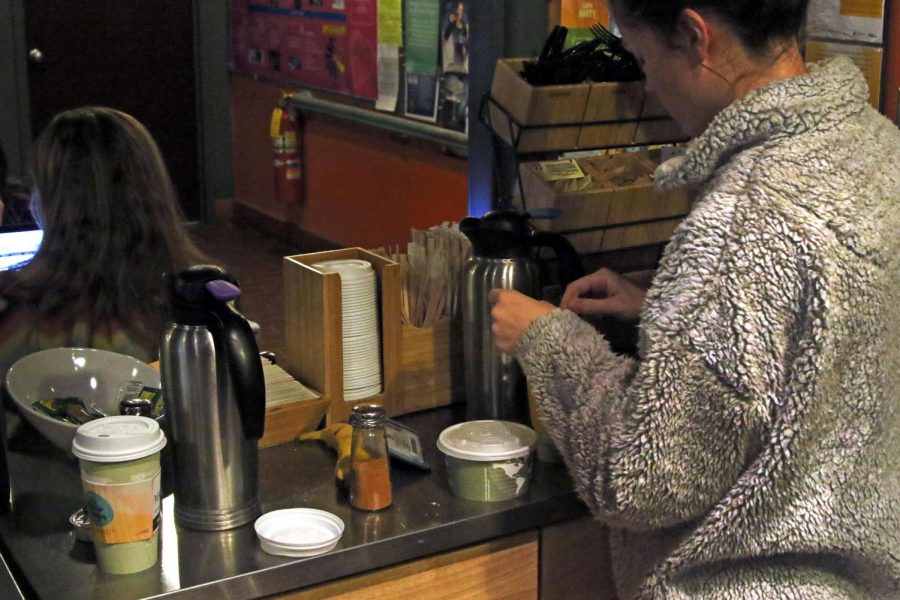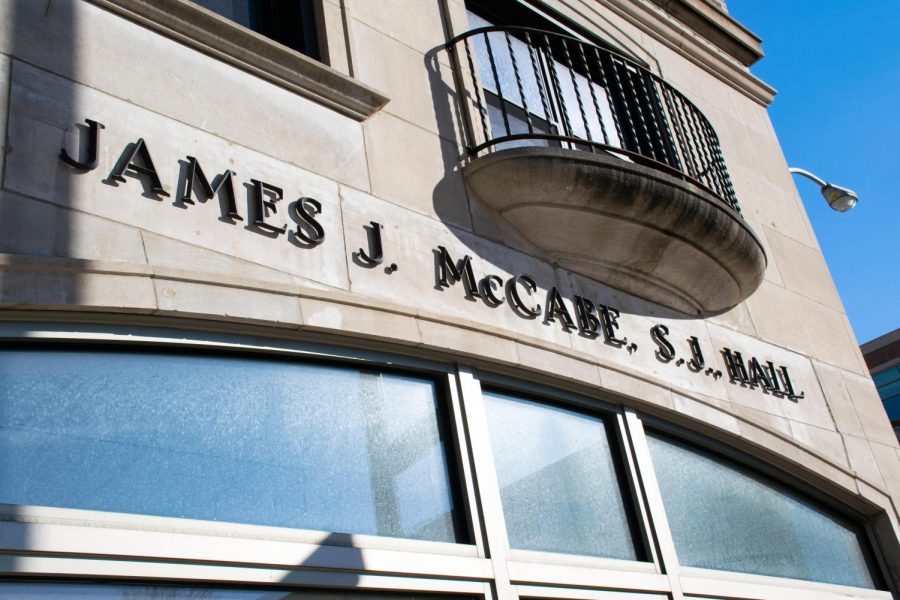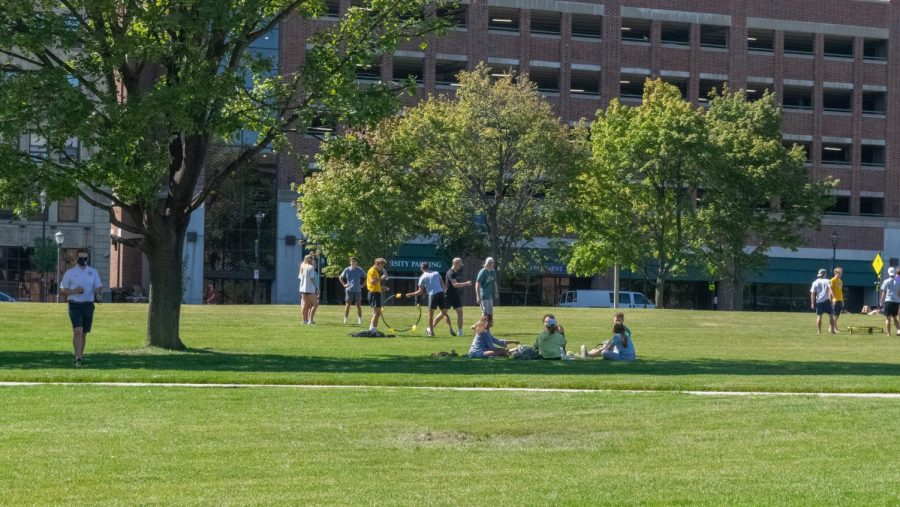Marquette’s recent plastic straw ban shows a commitment toward sustainability and spreading the use of more eco-friendly materials. However, for Marquette to make a more significant environmental impact, they need to spread the single-use plastic ban on campus to a larger scale.
Earlier this month, Marquette announced a plan to eliminate plastic straws in retail dining locations around campus, such as Marquette Place and Brew Cafes. Plastic straws will be replaced with paper straws, which biodegrade quickly and are compostable.
Marquette joins a nationwide movement that includes bans and approved ordinances against plastic straws in major cities like Seattle and San Francisco. Businesses like Starbucks, Hyatt and American Airlines have also stopped providing plastic straws to consumers.
These bans are in response to growing awareness of plastic’s damaging effect on the environment. The world is producing 300 million tons of plastic each year and a majority of plastic waste ends up in landfills or the natural environment.
Once this waste arrives in landfills and the natural environment, plastics often take hundreds of years to decompose. A plastic straw you may have previously obtained at a Brew Cafe or a Starbucks can affect plants, wildlife and ocean animals for up to 200 years while it breaks down, according to the Plastic Oceans Project.
The negative impact plastics can have on ocean animals was showcased in a viral video featuring a sea turtle with a plastic straw stuck in its nostril. The straw impaired the turtle’s breathing, making it one of many ocean animals negatively affected by plastic waste. If plastic production is not slowed down, it is estimated that there will be more plastic in the world’s oceans than fish by 2050, according to a report from the World Economic Forum.
Given the scope of the plastic problem, plastic straw bans won’t be enough to save the environment. They’re unlikely to make a significant impact at all. Straws make up only four percent of plastic trash by piece, according to phys.org, and that number is even smaller when measuring plastic by weight.
Instead, activists hope that plastic straws can act as a “gateway plastic,” leading consumers to reevaluate their consumption of a large variety of single-use plastics.
For Marquette, plastic straws should be a first step toward cutting down on single-use plastics across campus. This would include limiting plastic items at dining locations. It would also include refraining from giving plastic bags at the Marquette Spirit Shop and Book Marq.
Most of these plastics have reusable or more eco-friendly alternatives, just like the switch from plastic to paper straws. The Brew Bayou in the Alumni Memorial Union has already started offering renewable and compostable cutlery and hot cup lids.
However, these changes have not yet made it to Marquette Place in the AMU, which still offers the same plastic utensils and hot cup lids. Both locations also still give plastic straws, with no paper straws readily available. Plastic soda lids are available at both locations, despite renewable cold beverage lid options.
Marquette can show their eco-friendly commitment at dining locations by continuing to roll out new paper straws and compostable utensils and lids. The use of plastic bags at shopping locations can be prevented by encouraging students to put books, supplies, and spirit wear in their backpack or a reusable cloth bag.
Replacing single-use plastics around campus won’t be easy. It often takes a sacrifice of convenience for consumers. Students and campus visitors may not have a reusable bag on hand. They may also be unhappy with the feel or taste of renewable products. However, these disruptions may make Marquette community members reconsider how much plastic they use in everyday lives.
The plastic problem we currently face is too large for one college campus to solve. However, continuing to ban the use of single-use plastics would show that Marquette is devoted to ending our campus’s contribution to the problem.


